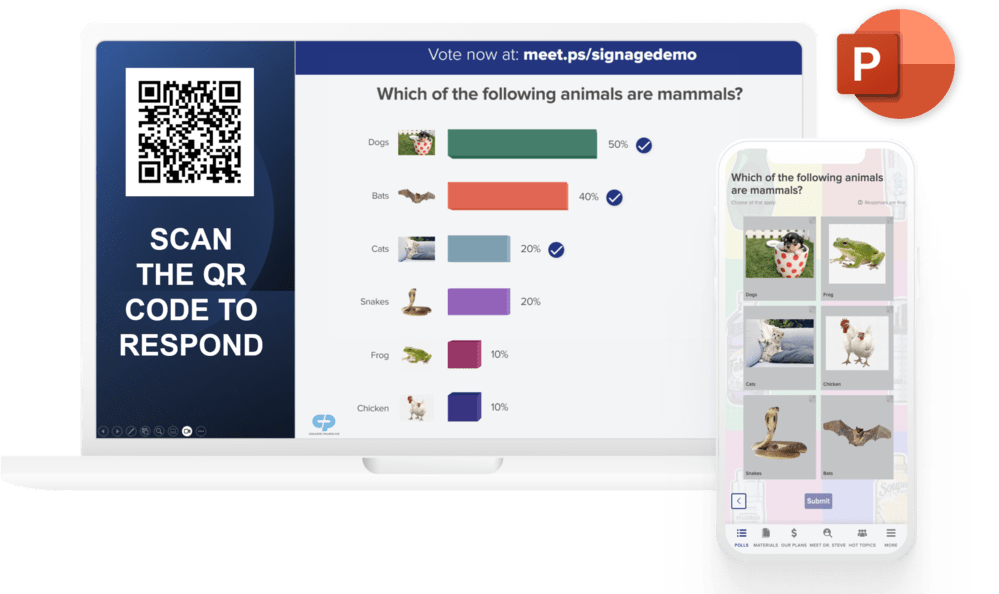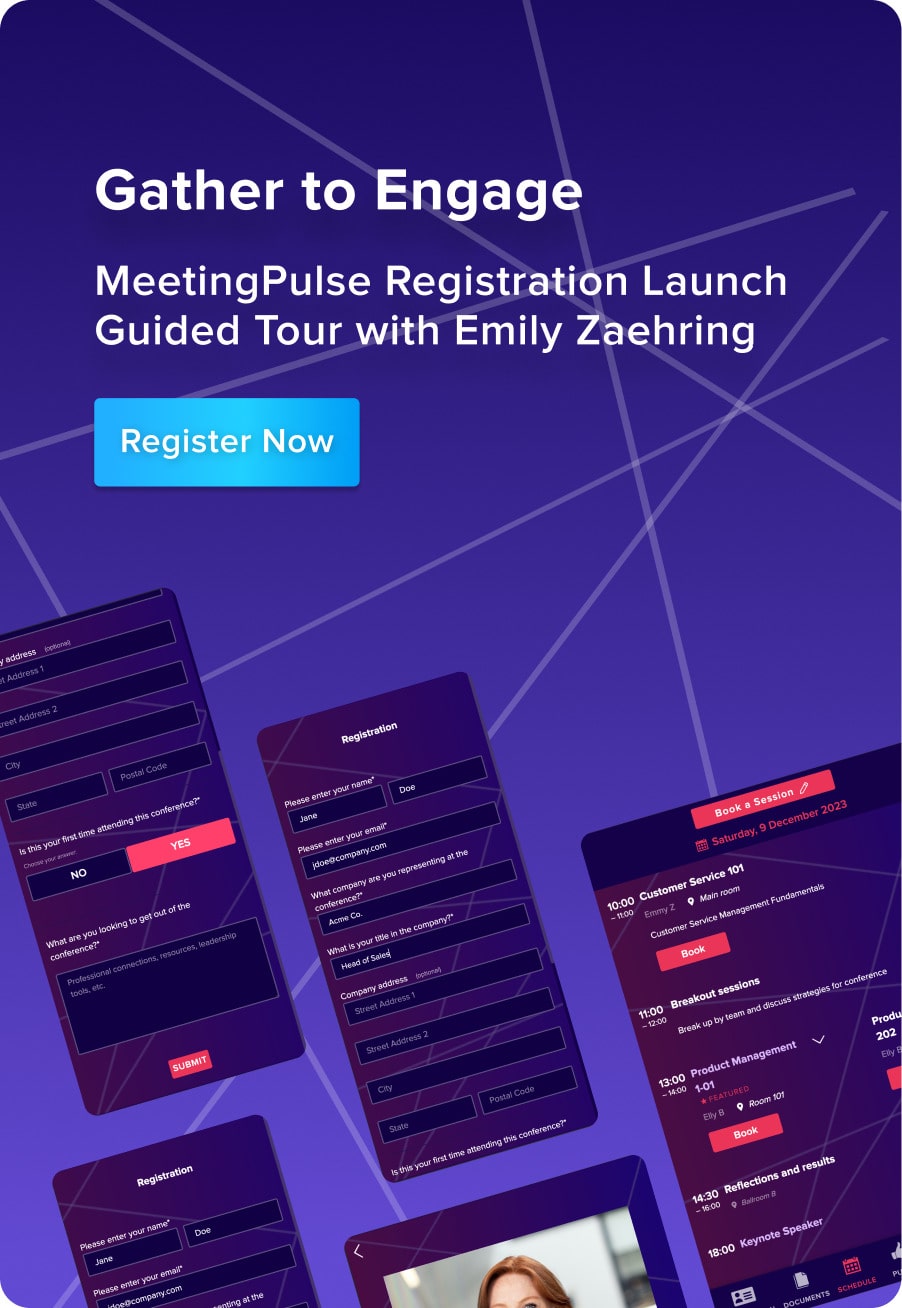So you’ve been asked to moderate a virtual panel discussion. You’re eager and excited, but then you realize that virtual panels are a whole new medium. No worries — we can help.
Online panel discussions are a brilliant way to showcase a diversity of opinions and perspectives. Audiences can be informed and inspired as they listen to industry leaders or company decision-makers talk shop about relevant material. And you, dear moderator, get to be in the middle of it guiding and directing the whole conversation. Awesome!
As moderator, you’re likely to learn new information from the panelists, and it’s your job to make sure that the audience also feels that new understanding and is motivated to learn more.
Select Panelists Using “DEEP” Method
To select your panelists, consider using the ‘DEEP’ Method.
Diverse
Ensure that your panelists are as diverse as your audience. Everyone should feel well represented in demographics and opinions. The panelists should also be diverse with respect to one another. They should differ in thoughts and opinions, making for a more interesting conversation.
Expertise
Invite recognized industry leaders to be your panelist — experts in the field. They should be people that your audience will know of, respect, and want to hear. Even if your audience does not know them, their credibility and expertise should be well-established in the first 30 seconds of their talk or by way of their biography.
Eloquent
Your panelists should be good conversationalists. This doesn’t just mean that they have lots to say; they also need to give way to other people in conversation. Talk with potential panelists as a part of your selection process. Do they speak well? Are they capable communicators? Did you enjoy chatting with them, and did you understand everything they said? Do a little research into their other speaking engagements to make sure they suit your panel.
Prepared
Your panelists need to be prepared to be prepared! They will have to give key points and give examples to illustrate their points. This means that they have to organize their thoughts and communicate them clearly to your audience. They should be people who take pride in their work and present themselves well.
Related: Town Hall Meetings: How to Engage Your Audience
Research the Panel’s Topic & Speakers
As a moderator, your role is to facilitate the conversation. For that to happen, you must be familiar with your panelists and their levels of expertise within their areas. You will research the panel topic enough to know what questions to ask to keep the discussion moving and keep it from going off on a tangent. By doing this, you will draw out the most value for your audience.
Write Thoughtful Discussion Questions & Introductions

Take the time during your research to compose thoughtful introductions for each of your panelists. They should all feel equally respected and welcomed to your panel. If their bios are already written in the event program, you don’t need to repeat them, but say something genuine and interesting about each one.
As you do your research, compile excellent, thought-provoking questions to ask your panelists. Start the discussion strong and keep it rich. Begin with broad questions that get your audience on the same page, raising awareness of current events. Then move on to how these issues affect them — why should we care? Finally, get into specifics. Ask questions that stimulate great conversation and give your panelists opportunities to share their expertise or informed opinions with the audience.
At times you may need to ask follow up questions or delve deeper for specifics, create bridges from one idea to another, present opposing views, and don’t be afraid to confront panelists (respectfully) about contradictions or to interrupt someone who is talking for too long.
Use the High Altitude/Specifics/Audience Technique
As you consider introductions and questions for your panel, know that it’s your responsibility to determine how time will be allocated for the panel discussion. Consider this method, High Altitude + Specifics + Audience: with this method, you divide your time into roughly three equal sections.
The first is ‘high altitude.’ This section is for questions about what’s happening worldwide (as viewed from 30,000 feet up). It’s the high-level view of world events as they relate to your discussion topic.
The second section is for ‘specifics.’ These questions are invitations to anecdotes, real-life experiences, or examples. This is where people begin to relax, and the conversation becomes richer.
Finally, the ‘audience’ section is for including the audience in the conversation. Creatively plan questions for this section that are suitable for audience members, as well as the panelists. One exciting possibility is if you have a panel of venture capitalists and an audience full of entrepreneurs. Consider asking any brave souls to present their ideas to the panel for their thoughts or suggestions for improvement.
Related: Requirements of an Annual General Meeting
Manage Your Time Throughout the Panel
As a moderator, you control the flow of the discussion. So manage your time well, giving adequate time for each section and each panelist. Encourage panelists not only to answer questions directed at them but also to comment on one another’s answers.
Keep your eye on the time as a natural flow develops. As long as the audience is engaged and panel objectives are being addressed — you’re doing a good job.
What Not to Do as a Panel Discussion Moderator
Now for a quick word (or two) about what not to do:
Arriving Unprepared
The audience is depending on you, as the moderator, to be prepared. They trust that you have done the work, you know the panelists and are familiar with their levels of expertise. The audience is expecting you to generate good questions to draw out the best in the panelists. So if you’re unprepared, it’s unlikely that your panel discussion can be successful.
Acting Like a Panelist While Still Trying to Moderate

Although you’ve researched the topic and maybe have lots to say, you aren’t a panelist. Your role and theirs are very different. Just as you wouldn’t want one of your panelists to begin moderating the discussion, don’t try to field questions, interject long comments, or rebut panelists. This behavior will frustrate your panelists and your audience. Please don’t do it.
Being Afraid to Cut the Panelists Off
If one of your panelists is prone to long monologues, don’t be afraid to cut them off respectfully. Your audience has come to hear everyone, not just one person. The other panelists will thank you for being firm. To avoid this, let panelists know that your objective is for a free-flowing exchange of ideas and information and that your audience is eager to hear from all of them.
Not (Occasionally) Involving the Audience
Involve the audience early in the conversation. This will remind your panelists of their presence and set the tone for the rest of the event.
In the first few minutes, consider having a few audience members introduce themselves. And encourage the audience to react and comment in the online chat throughout the conversation. It will energize the discussion and keep the audience engaged.
Related: How to Moderate a Panel Discussion
How to End a Discussion Panel
An exciting idea is to depart from the usual, “Do you have any final thoughts?” It invites your panelists to reiterate everything they have already said. Instead, ask a final question from the audience or ask something intriguing about the industry’s future. Finally, end the discussion on time.
Closing Remarks:
Being a moderator is a big responsibility. But if you prepare yourself, it is also a rewarding experience.









